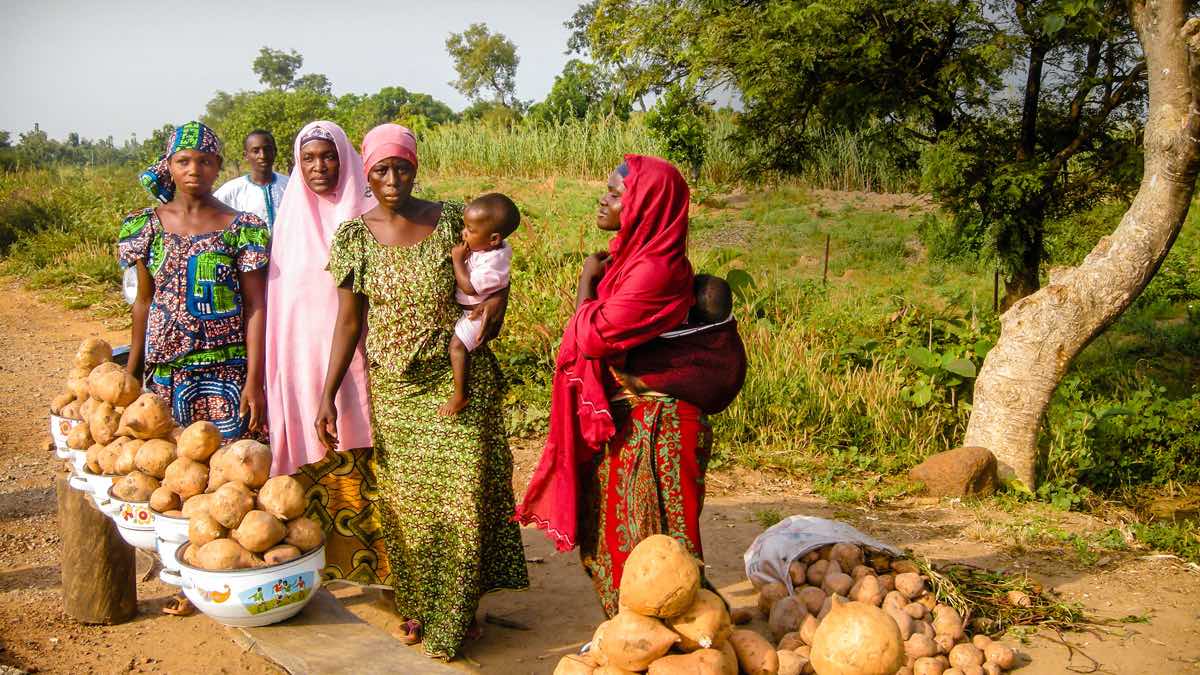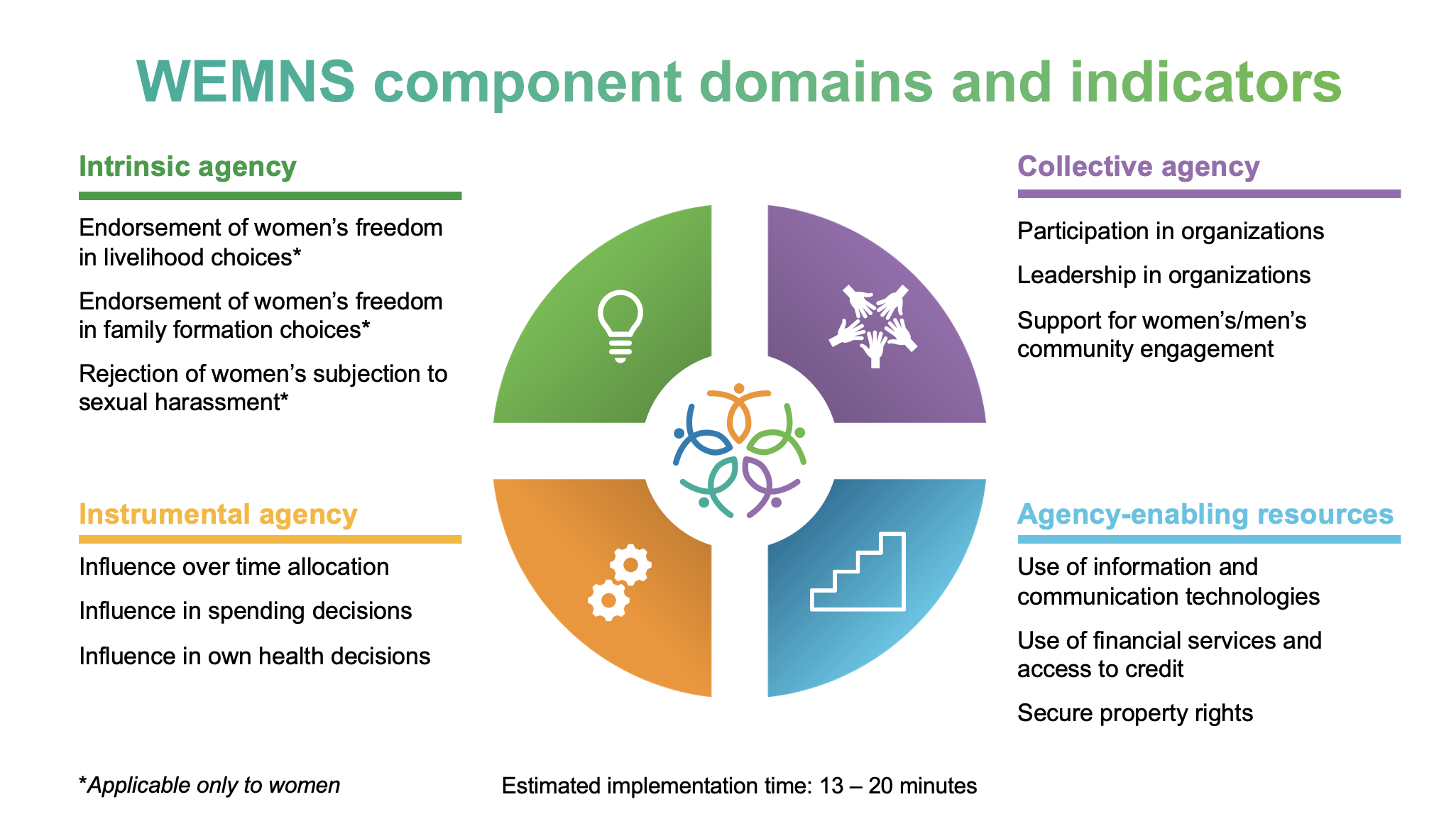What does the Doha Development Round bring to the table for developing countries?
The WTO Forum invited two international experts- Jeffrey Schott from the Peterson Institute for International Economics and David Laborde from IFPRI- to discuss this question during a recent video interview. According to Schott, the Doha Round is still very much a “work in progress” wherein the negotiations have been underway for more than eight years and have yet to result in any ratified agreement. The core issue, according to Schott, is deciding how gains from the trade agreements will be shared among participating countries, particularly the developing countries for which the agreements are intended to help. Laborde concurs with this point, adding that the talks thus far have laid the groundwork for a “good deal for developing countries.” But, Laborde is careful to point out, that “delivering market access in a fair way to all partners is the most important objective.”
Watch the discussion and participate in the WTO Forum:







